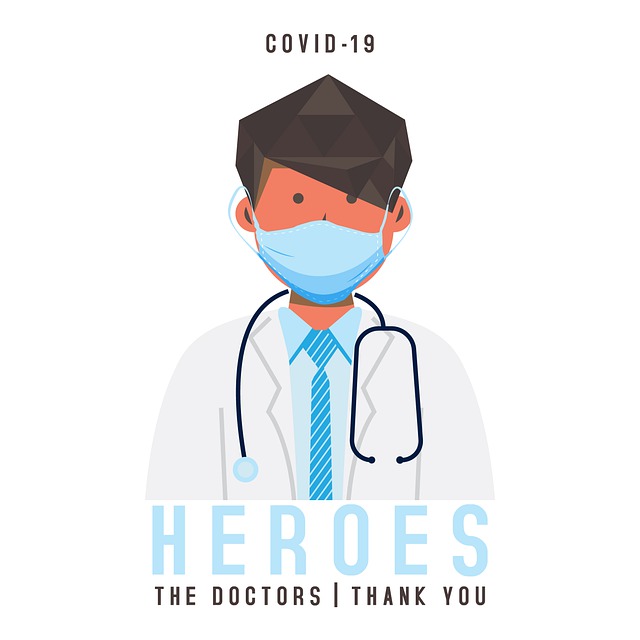After a car accident, your body is put under a tremendous amount of stress and strain. All of your organs and body parts can be affected in one way or another, and some injuries might be hard to detect at first. To make sure that you haven’t sustained any long-term damage, it’s important to get checked out by a doctor. In this article, we’ll explore the things a doctor will look for after a car crash.
What happens during an examination after a car accident?
Accurately document the incident.
The medical report must be accurate, so the doctor will ask thorough questions while the patient is being examined. These may include details surrounding the accident, such as the time of day, speed involved, type of impact, and any other objects that may have been involved.
Observing physical signs.
The doctor will also look for any physical signs on the patient that may indicate an injury. These can include signs of pain, signs of swelling or bruising, difficulty walking or standing, or unexpected changes in movement that suggest damage to the spine, muscle or ligaments.
Testing broad range of body parts.
The doctor will check for any damage to the patient’s bones, nerves, organs, and other parts of the body. They’ll also assess breathing, pulse, and coordination. Testing can range from walking in a straight line, to bending over and touching one’s toes, to attempting basic motor coordination tasks.
Run a myriad of tests.
Depending on the results of the physical exam, the doctor may order a variety of tests – from X-rays to MRIs to blood tests – to accurately determine the extent of the injury.
A CT head scan.
A CT head scan can detect minor injuries that might otherwise go unnoticed. It provides a detailed picture of the brain and can detect bleeding, skull fractures, and other anomalies. It’s an important diagnostic tool that sheds light on any unexpected changes in the brain.
Monitoring pulse and breathing.
Once any injuries have been identified, the doctor will keep a close eye on the patient’s pulse and breathing to make sure that they’re stable.
Checking for bruising.
The doctor will look for any signs of internal or external bruising. If a person has suffered blunt force trauma, internal bleeding is a possibility and should not be ignored.
Listening for heart murmurs.
The doctor will also listen for any irregularities that arise from the heart during the examination. Elevated heart rate or a heart murmur can be indicative of internal damage and should not be ignored.
People Also Ask
How long after a car accident should you see a doctor?
It’s important to see a doctor as soon as possible following a car accident. Even if you don’t feel any symptoms immediately, it’s important to get checked out to identify any potential issues.
Should you call an ambulance after a car accident?
If you’re in pain, it’s important to call an ambulance. Additionally, if the car is totaled and you’re not able to drive it yourself, an ambulance can help transport you to a hospital or doctor’s office for further examination.
Should you see a doctor after a minor car accident?
Yes, it’s important to see a doctor after any car accident, no matter how minor. Even if you don’t feel any pain or discomfort immediately following the accident, it’s important to rule out any potential issues.
What should you do if you can’t afford to go to the doctor after a car accident?
If you can’t afford to go to the doctor, it’s important to address the financial concerns with your insurance provider. Depending on the situation, your insurance provider may cover the costs, or you may be eligible for certain subsidies or grants.
Final Words
A doctor can help identify any potential injuries that a person can’t see. They can also provide treatment and advice to help a person recover from their injuries and trauma. After a car accident, it’s important to seek medical attention to make sure that any hidden issues are discovered and treated.

